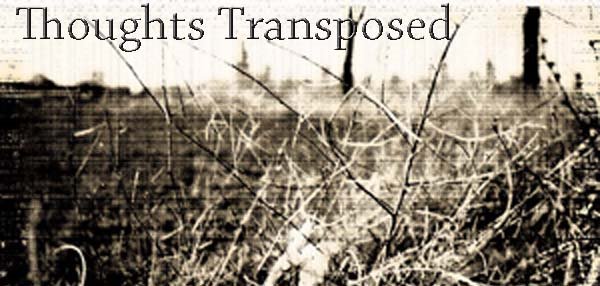At a recent development conference the I attended in L.A. - a conference put on by the federal Department of Justice for grassroots faith-based initiatives, Rev. W.Wilson Goode, from the Amachi Organization in Philadelphia and former major of the city, gave a lunchtime keynote address that knocked the ball out of the park. Reverend Wilson has accumulated much success in his days as a leader of a non-profit, growing a small organization to a substantially large organization today which mentors children of convicts. It's people like Rev. Wilson who have "been in trenches" of non-profit grassroots work who have the great ability to encourage those who aren't yet quite out of the "trenches" and who are still wearing the zillion office hats.
Rev. Wilson was asked to speak on ten lessons that he has learned in his time in non-profit management. To emphasize his points he told several great stories; there are a handful that I still remember.
He told the story of the Masai tribe in Kenya that is known throughout the region for their fierceness. However, their traditional greeting amongst themselves (equivalent to our "Good Morning...Afternoon...Night") is the question, "How are the children?" The question alludes to the notion that the well-being of the tribe's children meters the well-being of the entire tribe. Even those who do not have their own children traditionally answer "The children are well".
Rev. Wilson made the point that, unfortunately, if you took that same question and applied it our tribe of Americans we could not honestly reply, "The children are well". There are still too many children "coming from homes of dope rather than homes of hope" to be able to affirmatively respond.
So, while our recent war in Iraq may show that Americans and the Masai share a drive for militia might, we haven't yet adopted care for our communities, and the institutions that make them up, that translates into an intimate, individual heartache for those around us.
Friday, April 18, 2008
Subscribe to:
Post Comments (Atom)


No comments:
Post a Comment